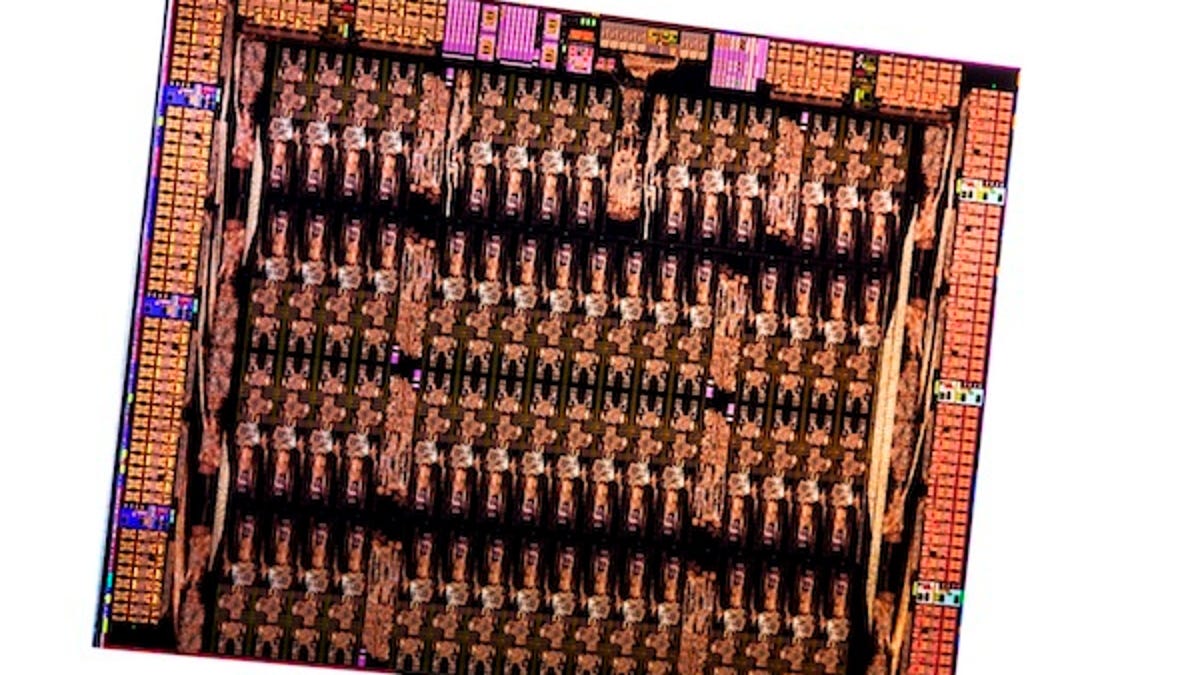Intel's 60-core chip ships; elites like Hawking get it first
Intel's first chip to integrate 60 processor cores is for high-performance computing applications -- with a high-end price to match.

Intel's first 60-core chip is here, but only elite institutions like Cambridge University will get early access.
The chip, generally called Phi, isn't your typical Intel processor. It's less like a central processing unit (CPU) -- which is the chipmaker's bread and butter -- and more akin to a graphics processing unit (GPU) that works in conjunction with the CPU.
In fact, Intel tried to bring out a consumer GPU card called "Larrabee" based on the technology but canceled the project in 2009.
But the company still needs the technology to compete with Nvidia in the supercomputing market because specialized GPU-like processor cores can handle certain supercomputing tasks more efficiently, reducing the prodigious power requirement for supercomputers as well as increasing performance.
Expected to be commercially available early next year, the Xeon Phi coprocessor 3100 family will offer more than 1,000 gigaflops (1 teraflops) double-precision performance -- a rating for chips that do scientific calculations.
By comparison, Intel's consumer processors don't offer anything close to that level of performance when doing specialized computing tasks.
Professor Stephen Hawking and the Cosmos Lab at the University of Cambridge have been given early access to the technology for use in their SGI supercomputer, Intel said.
"With our powerful and flexible SGI UV2000, we can continue to focus on discovery, leading worldwide efforts to advance the understanding of our universe," Hawking said in a statement.
Stateside, Intel customers such as Texas Advanced Computing Center are getting early customized products.
The first commercial versions of the coprocessor, which ship on a PCIe circuit board, are expected to be available January 28 with a recommended customer price of $2,649.
The 3100 product family will be available during the first half of 2013 with a recommended customer price below $2,000.

